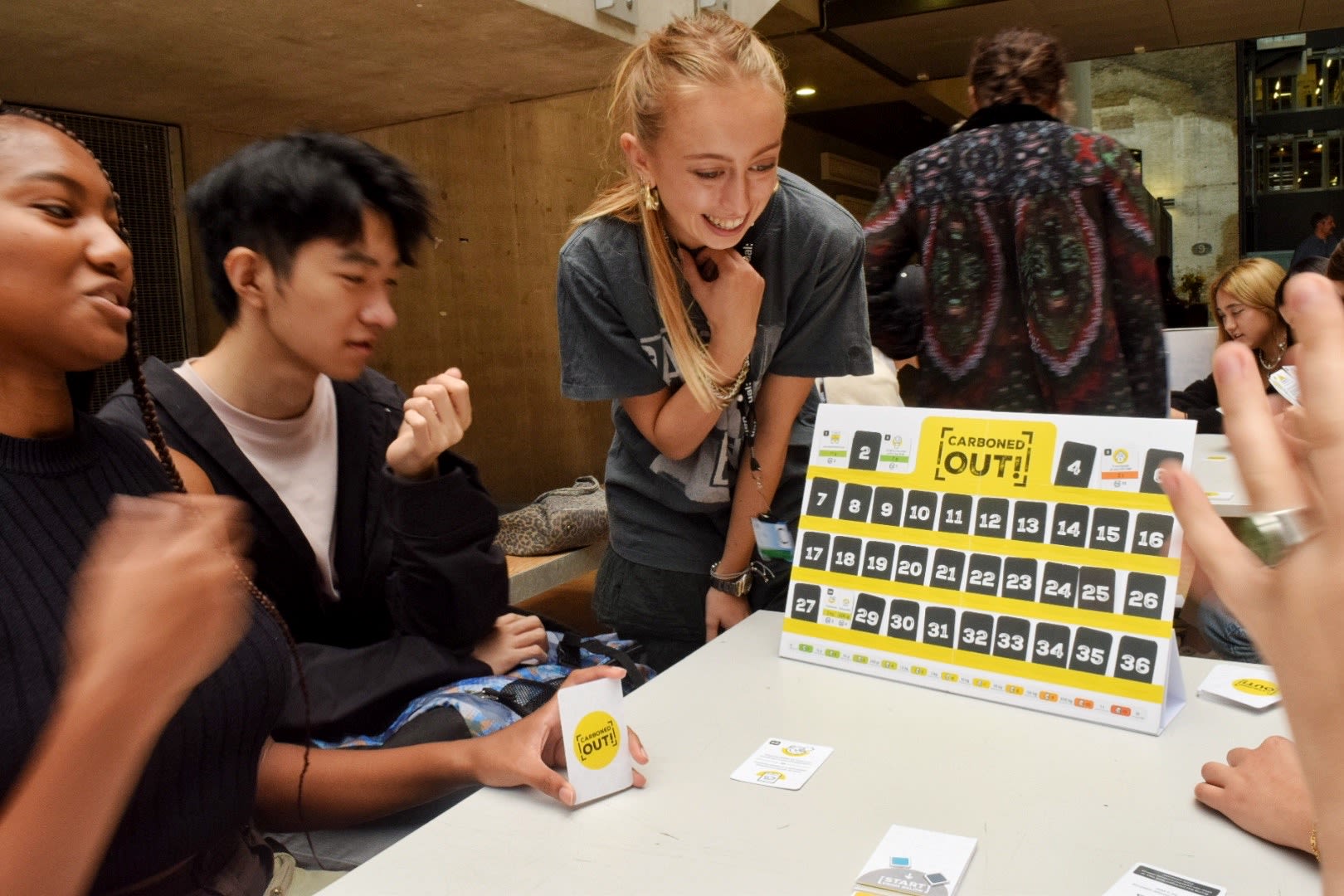Climate Action Plan case study: Carbon Literacy Training leads to commitments for action

- Written by

Carbon Literacy Trainers George Barker, Margot Bannerman and Richard Watson explain how this training programme provides staff with the knowledge and skills to take climate action in their work.
Extreme weather events are already severely impacting our basic living conditions around the globe. And yet, despite our knowledge of the effects of our changing climate, it’s difficult to understand what pathways there are to reduce our emissions.
Carbon literacy recognises the significance of this educational gap and seeks to address it. During an initial pilot phase, we developed and tested learning models for Carbon Literacy Training with participants from across the University. One significant moment this year was when our courses reached accreditation from the Carbon Literacy Project.
Now, learners can demonstrate their knowledge and receive carbon literate certification. Critically, the training also requires learners to outline two pledges they can make to reduce their greenhouse gas emissions at work and contribute to reduction on an institutional level. This means that we’re starting to see more staff commit to tangible climate action.
The path ahead is daunting and exciting in equal measure. Over 160 staff members have now gone through the 8-hour Carbon Literacy Training and made their climate action pledges. As well as honouring and supporting these commitments, our task now is to scale the work, expanding our trainer pool to ensure that carbon literacy informs all our curricula and operations.
To do this, we’re taking a whole community approach, encouraging colleagues to become trainers themselves, as well as inviting students and graduates to co-facilitate learning sessions. This year, we will launch an updated e-learning package, and make more sessions available to grow the body of carbon literate staff.